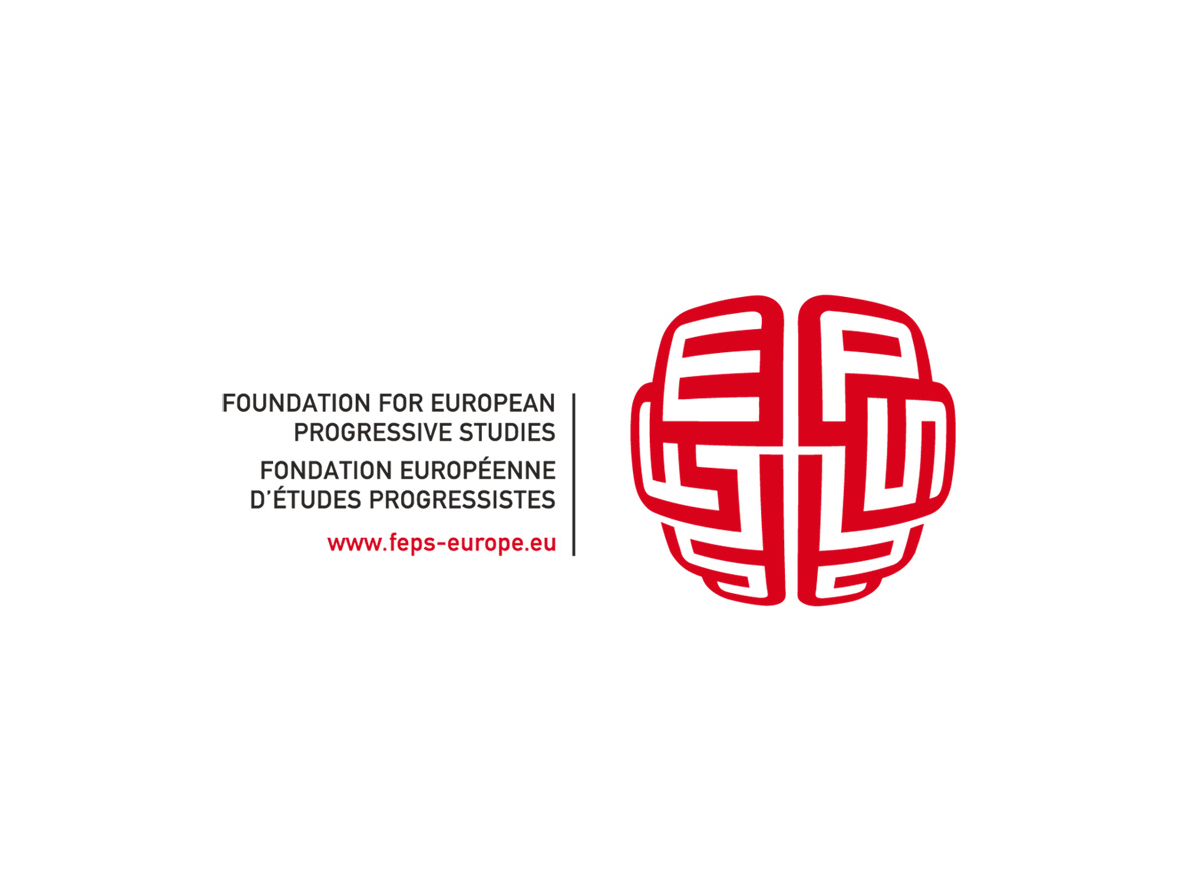Wage-led growth in several European countries
Published:
According to a new study, a decline in the wage share in the European economy leads to a decline in growth. Therefore, one percentage point increase in the wage share at the European level could lead to a 0.3 % increase in EU15 GDP, researchers Ozlem Onaran (Professor of Workforce and Economic Development Policy, University of Greenwich) and Thomas Obst (PhD Candidate, University of Greenwich) state. Their paper estimates a multi-country demand-led growth model for EU15 countries.
The paper, published by the Foundation for European Progressive Studies (FEPS), found 11 of the 15 EU Member States to be wage-led. A decline in the wage share led to lower growth in countries with both large economies such as the UK, France, Germany, Italy and Spain, and small economies such as Finland, Greece, Luxembourg, the Netherlands, Portugal and Sweden. In turn, the paper found small economies of Austria, Belgium, Denmark and Ireland to be profit-led. In these countries a decrease in the share of wages stimulates growth. Moreover, Austria and Ireland also experience negative effects on growth when they decrease their wage share along with their trading partners. However, according to Onaran and Obst, it is misleading to analyse the EU Member States separately, since the same wage moderation policies have been implemented in all countries at the same time. All in all, it could be said that the EU15 as a whole is a wage-led economy.
The paper shows that the European Commission policy of wage moderation is counterproductive, and leads to a stagnation in growth, and risk of deflation. However, it concludes that wage policy coordination in vastly integrated and wage-led Europe can improve growth and employment.
"Wage-led growth in the EU15 Member States: The effects of income distribution on growth, investment, trade balance, and inflation" is available in its entirety on the FEPS website.